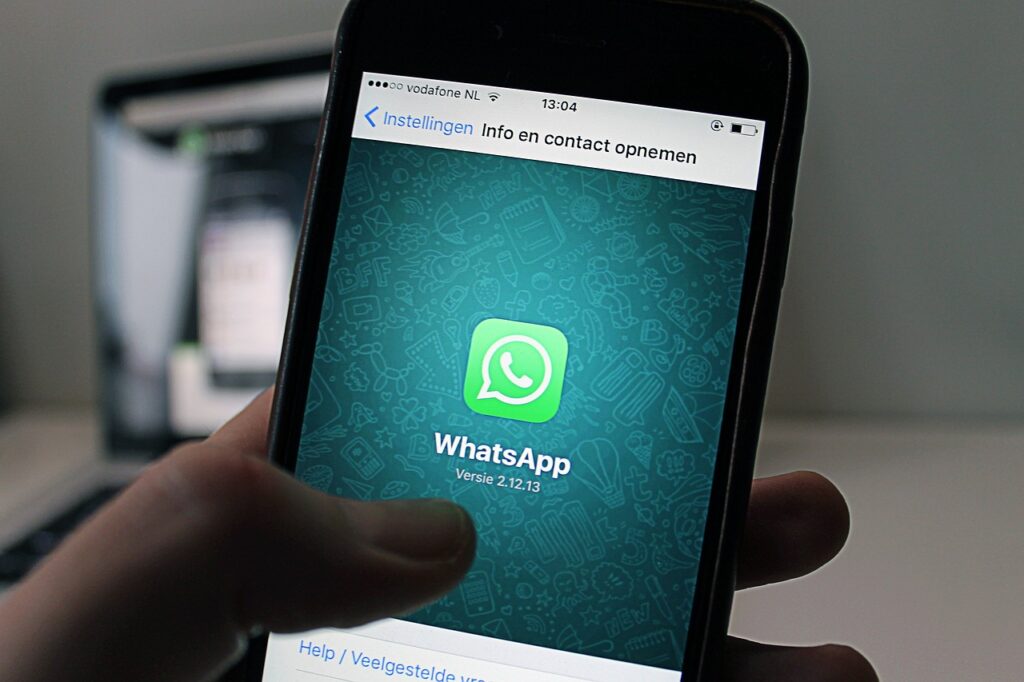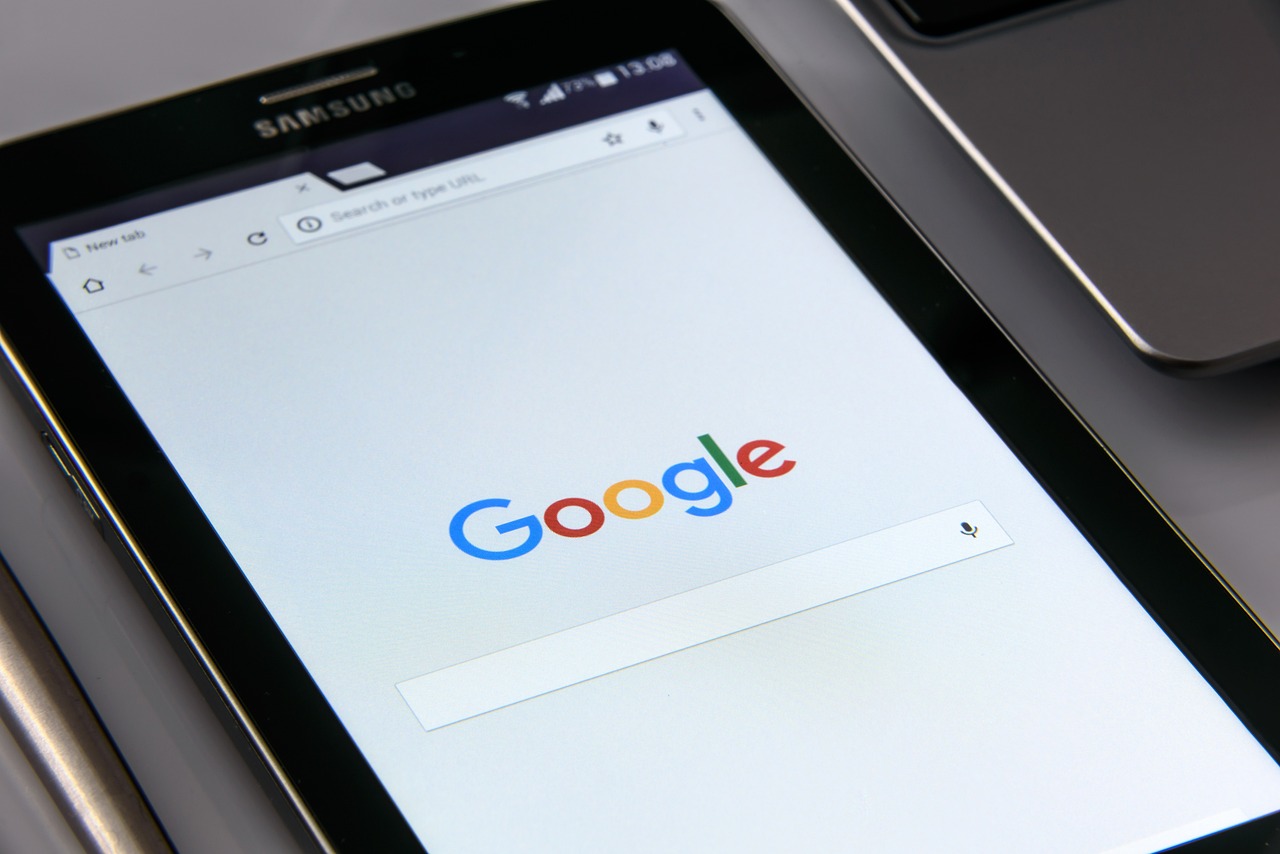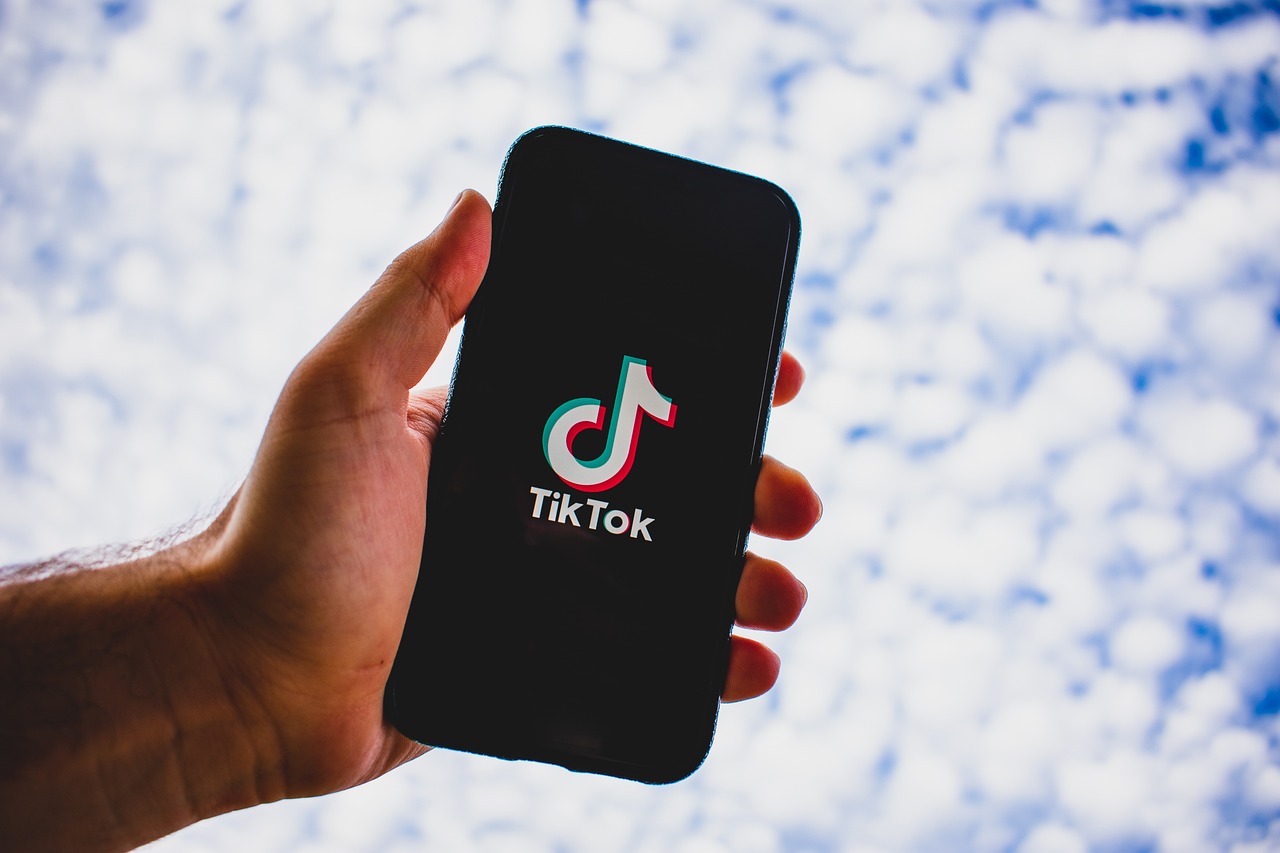In recent years, the messaging app market has expanded rapidly, with several options emerging to meet users' needs. Among them, one specific app has stood out on the web for presenting an interface extremely similar to WhatsApp: Viber.
This phenomenon has attracted the attention of many users and generated discussions about its features and potential impact. In this article, we will explore the features of this application and why it has attracted so much attention.
Design and Interface Similar to WhatsApp

One of the main attractions of this new app is its interface, which replicates the familiar design of WhatsApp. The similarity is evident in the layout of the conversations, the predominant colors and even the icons used.
This similar design is intended to provide an intuitive experience for users who are already familiar with the WhatsApp interface. Familiarity with the design can make it easier to adapt to and accept the new app, reducing the learning curve and encouraging adoption.
In addition to aesthetics, the app also seeks to replicate basic WhatsApp functionality, such as text messaging, voice and video calling, and file sharing. These features are designed to ensure that the transition between the two apps is seamless, offering a familiar environment for users looking for something similar to what they already know.
See also: 3 Apps to make MONEY in August: Earn via PIX with your Cell Phone!
Additional and Differential Features
Despite its similarity to WhatsApp, the Viber app also offers additional features that set it apart from its counterpart. And one of the main differentiators is the inclusion of advanced customization tools. Users can then adjust themes, change icons, and even modify the layout of conversations according to their preferences.
These customization options are a significant draw for those seeking a more personalized messaging experience tailored to their needs.
Another interesting innovation is the integration with other platforms and services. In fact, the application offers compatibility with a variety of cloud storage services and social networks, allowing users to share content directly from other platforms.
This type of integration increases the versatility of the application and offers a more complete solution for communication and data sharing.
Popularity and User Reactions
The app’s popularity has grown rapidly, especially among users who enjoy the familiar design combined with new features. Social media and online forums are full of discussions about the app, with many users highlighting its ease of use and additional features as positives. However, there are also criticisms about its security and privacy, topics that are often discussed when it comes to new messaging apps.
It’s important to note that despite initial success, acceptance of a new app can vary. While some users may quickly adopt the app due to its familiar interface and advanced features, others may be hesitant due to security concerns or the need to learn how to use a new system. Now, the widespread adoption and acceptance of the app will depend on how it continues to evolve and meet user expectations.
In short, Viber, which is similar to WhatsApp, is attracting attention for its familiar interface and additional features. With a design that makes it easy for new users to transition to the app and features that offer customization and integration, it represents an interesting alternative in the messaging app market.
Ultimately, growing popularity indicates strong interest, but ultimate acceptance will depend on how the app handles security and privacy issues and how it meets the needs of its users.
See also: Best Websites and Apps to Make Extra Income in 2024 – Do they really pay in Dollars and Euros?
Furthermore, it is important to remember that the https://appsreais.com.br is not responsible for any payment methods mentioned above in the aforementioned applications. We always recommend that you carry out careful research on each platform to ensure your security, avoiding both financial losses and the exposure of personal data.



